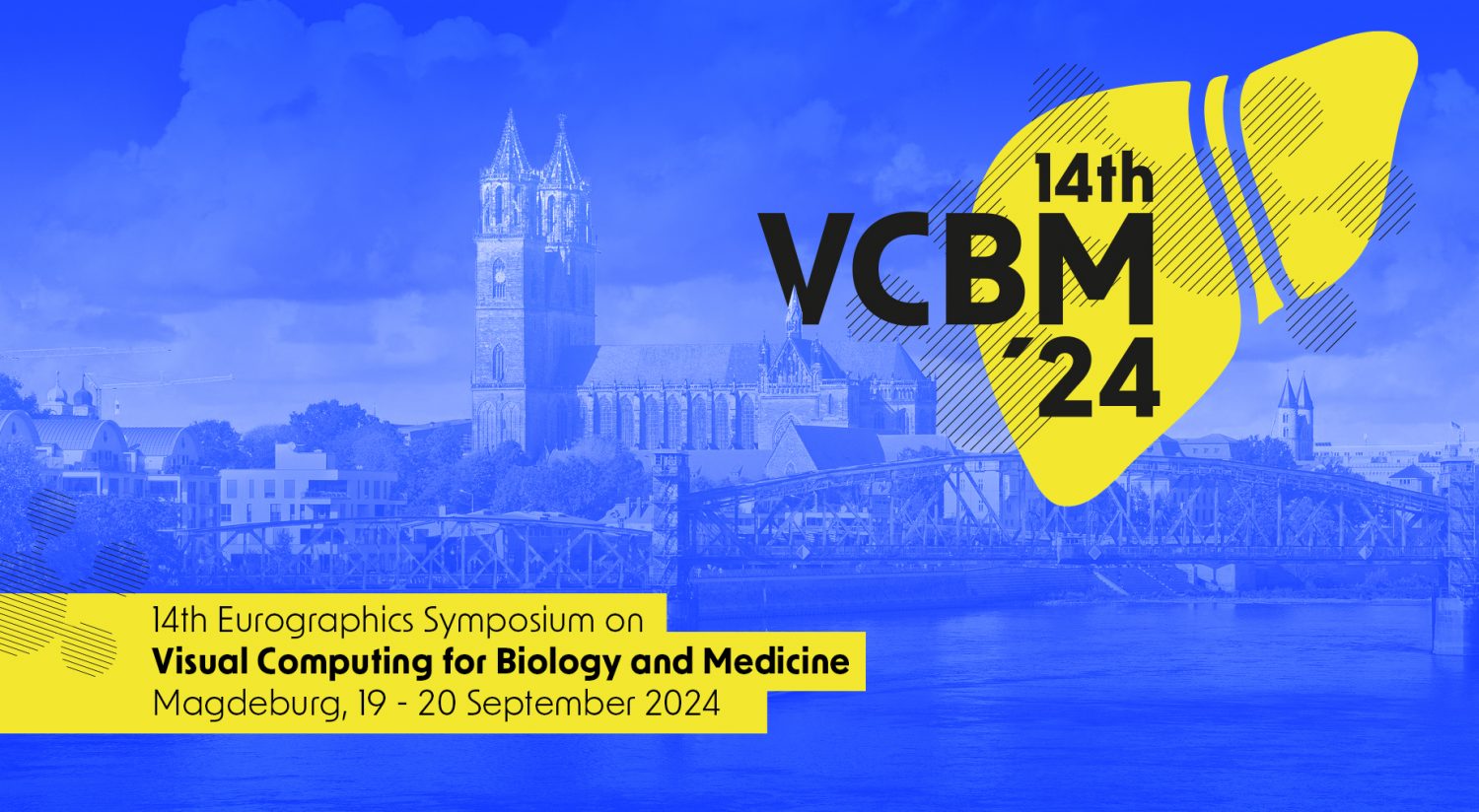We are happy to announce that the annual Eurographics Symposium on Visual Computing for Biology and Medicine (EG VCBM) will be hosted by the Otto-von-Guericke University Magdeburg, Germany, on September 19/20, 2024.

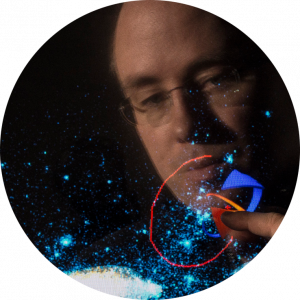
Tobias Isenberg
Senior Research Scientist at Inria, France
Visualization of Species Distributions based on Social Media Data and a Couple of Surprises and Insights
Abstract: Sometimes it is initially not some regular scientific question that leads one into a rabbit hole, but some weird personal interest and quest, yet that after a while turns out to actually have to do a lot with your scientific interests. And I would like to tell the story of such a case the led me to learn quite a bit about data biases, data errors, and data plausibility with respect to global species distribution data, that one can derive from geo-located social media. In the course of this endeavor we analyzed local and global geographic distributions and their inaccuracies. We also created a new visual representation as a means for visualizing how believable a specific contributor’s location data is or if it was likely manipulated. I will talk about some specific cases of data manipulation that are almost a detective story, and also several additional cases of data bias or data error that one can find. I also will talk about the comparison of our own “repurposed” social media dataset with data from a dedicated citizen science project. And I will try to reflect a bit on what this means for how we deal with and assume about data we may use.
Biography: Tobias Isenberg is a senior research scientist at Inria, France. He received his PhD degree from the University of Magdeburg, Germany in 2004. Previously he held positions as postdoctoral fellow at the University of Calgary, Canada, and as assistant professor at the University of Groningen, the Netherlands. He is particularly interested in interactive visualization environments for 3D spatial data as well as illustrative visualization and visual abstraction techniques.
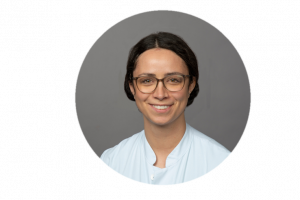
Florentine Hüttl
Assistenzärztin, Universitätsmedizin Mainz
From Simulation to AI: Technological Revolution in Surgical Education
Abstract: In this lecture, we will explore the cutting-edge technologies revolutionizing surgical training and practice. As we step into the digital age, the integration of advanced tools and methodologies is becoming crucial in preparing surgeons not only for basic skills but also for the complexities of modern operating rooms.
We’ll begin by delving into simulation training, highlighting various platforms that enhance both operative and assisting skills. These include immersive environments and virtual reality (VR) systems that create realistic surgical scenarios, as well as 3D-printed models and augmented reality (AR) applications that offer hands-on practice and visualization.
Next, we’ll discuss how modern technologies aid in surgical planning. Techniques such as 3D reconstructions and AI-driven resection planning are revolutionizing preoperative strategies, allowing for meticulous preparation and improved patient outcomes. The use of virtual training environments will also be examined, showcasing their role in honing the precision and decision-making abilities of surgical trainees.
Finally, we’ll move into the operating room itself, where intraoperative technologies are making significant impacts. Intraoperative orientation and navigation tools, especially those utilizing AR, are enhancing surgeons’ capabilities to assist complex procedures with greater accuracy.
Join us for an in-depth look at how these modern technologies are not only enhancing surgical training but also paving the way for more efficient, safe, and effective surgeries. Whether you’re an enthusiast of tech innovations or curious about their application in healthcare, this lecture will provide valuable insights into the future of surgical education and practice.
Biography: Florentine Hüttl is a research fellow and resident at the Department of General, Visceral and Transplant Surgery of the University Medical Center Mainz, and works for many years in the field of surgical technology and education. She focuses on integrating modern technologies into surgical training and practice. Dr. Hüttl specializes in using virtual reality (VR), augmented reality (AR), 3D printing, and artificial intelligence (AI) to enhance surgical planning and procedures. She regularly presents her work at international conferences and publications, aiming to improve surgical training and patient care through technological advancements.
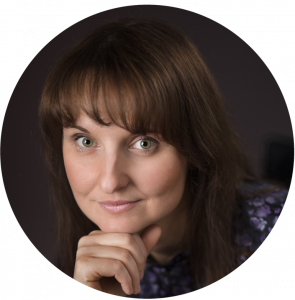
Barbora Kozlikova
Associate Professor, Masaryk University Brno, Czech Republic
Visual representations addressing the temporal aspect of biomolecular data
Abstract: When analyzing and exploring complex biological datasets, we often have to handle their temporal aspect, capturing the evolution of certain phenomena. Their proper visual representation and understanding can significantly influence the decision-making processes. In this talk, I will outline the issues and challenges in visualizing long and complex time series of biomolecular datasets and demonstrate possible solutions that have been developed in the past years.
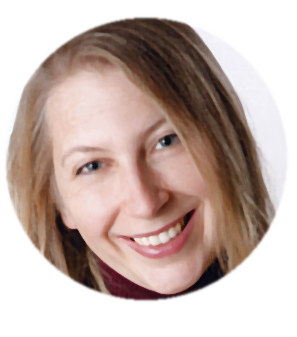
Anja Hennemuth
Prof. Dr.-Ing., Charité – Universitätsmedizin Berlin
Supporting Cardiovascular Health with Visual Computing
Abstract: Cardiac patients can benefit from monitoring their condition and adapting therapy to their current personal needs. The integration of technical solutions such as digital medication plans, wearables and mixed reality devices could support patients and doctors, even without direct contact. However, problems with the usability of devices and a lack of knowledge about digital technologies (digital illiteracy) are blocking the use of such options, especially for older patients.
The talk will present projects and solutions that address aspects of this problem with the help of visual computing approaches

